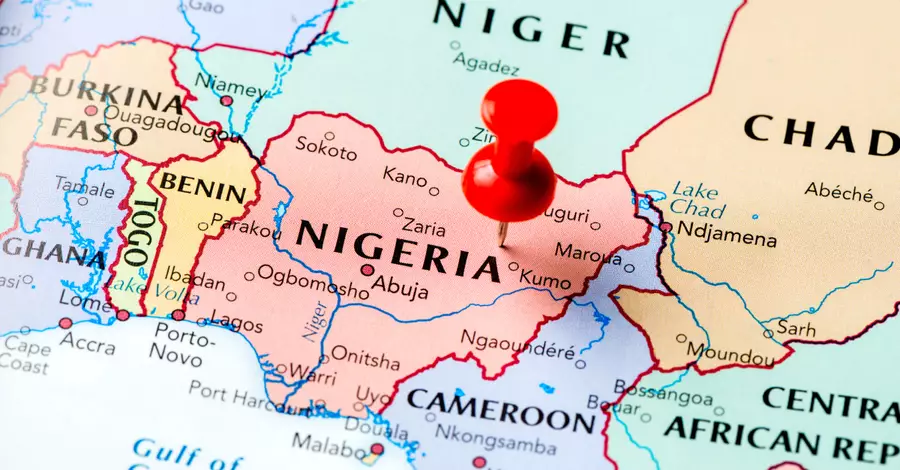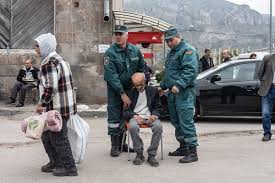In recent years, Nigeria has witnessed a disturbing rise in violence against Christians, sparking concerns about religious tolerance, security, and the protection of minority communities. This article aims to shed light on the complex factors contributing to this issue and explore potential avenues for fostering peace and understanding.
Nigeria is a country known for its religious diversity, with a significant Christian population alongside Muslims and adherents of indigenous religions. However, the coexistence of these religious groups has been marred by episodes of violence, particularly in regions where religious and ethnic tensions intersect.
The reported killing of eight Christians in Taraba State is just one example of the violence that has gripped the country. Such incidents are often attributed to extremist groups, ethnic clashes, and socio-economic factors that exacerbate existing tensions.
Factors Contributing to Violence:
- Extremist Groups:
The presence of extremist groups, such as Boko Haram and the Fulani herdsmen, has been a significant factor in the violence. These groups often target Christians, contributing to a climate of fear and insecurity. - Ethnic and Religious Tensions:
Nigeria’s diverse ethnic and religious landscape can be a source of tension. Competition for resources, political power, and historical grievances sometimes manifest in violent clashes between different groups. - Socio-Economic Factors:
Economic disparities and competition for resources can escalate into violence. Disenfranchised communities may be more susceptible to radicalization, leading to religiously motivated attacks.
International Response:
The international community has expressed concern about the violence against Christians in Nigeria. Calls for increased protection of religious minorities, diplomatic efforts, and support for programs promoting interfaith dialogue have been among the responses.
Addressing the Issue:
- Enhanced Security Measures:
Strengthening security measures in regions prone to violence is essential. This includes better intelligence gathering, cooperation between security forces, and a commitment to holding perpetrators accountable. - Promoting Interfaith Dialogue:
Encouraging dialogue between religious groups can foster understanding and tolerance. Initiatives that bring Christians and Muslims together for peaceful discussions can contribute to long-term stability. - Socio-Economic Development:
Addressing the root causes of violence requires attention to socio-economic development. Investments in education, job creation, and poverty alleviation can contribute to a more stable and harmonious society.
The violence against Christians in Nigeria is a complex issue with deep-rooted causes. Addressing this challenge requires a multi-faceted approach, involving security measures, interfaith dialogue, and socio-economic development. By working collaboratively, both within Nigeria and with international partners, there is hope for creating a more inclusive and peaceful society where people of all faiths can coexist harmoniously.



Be First to Comment